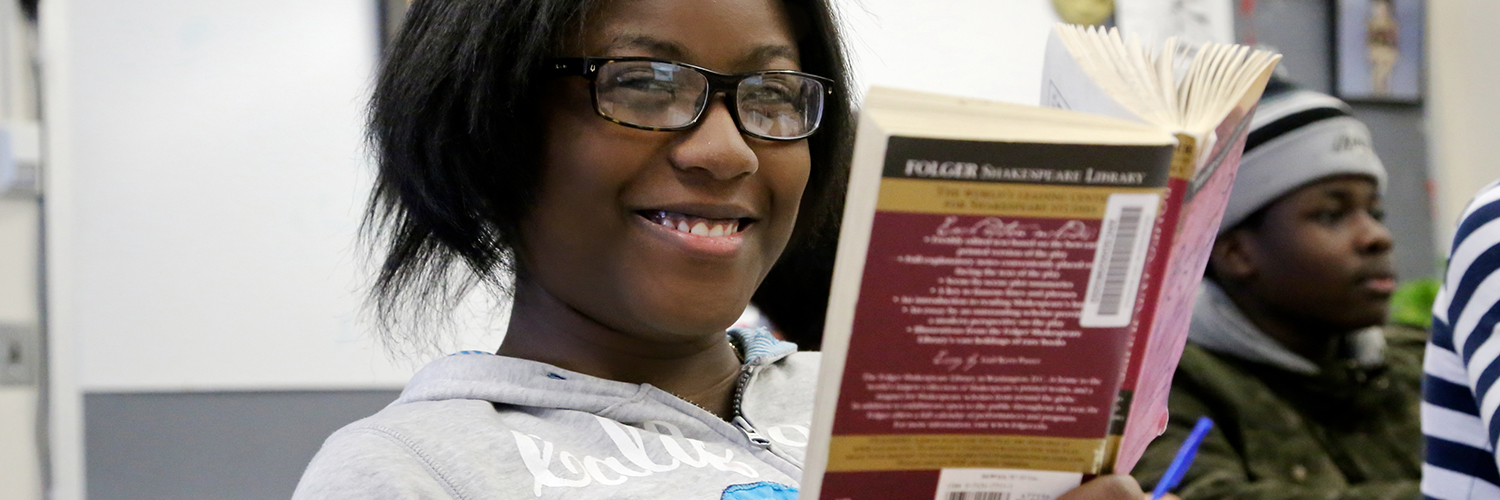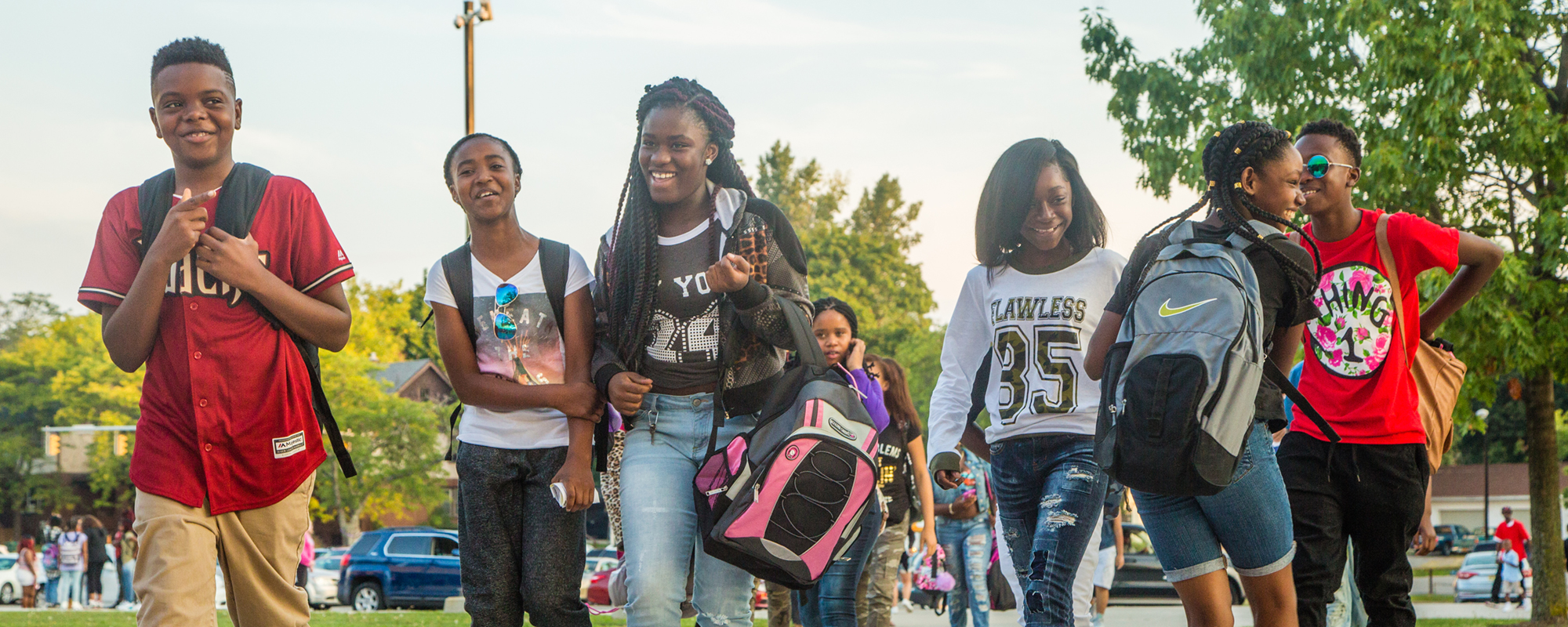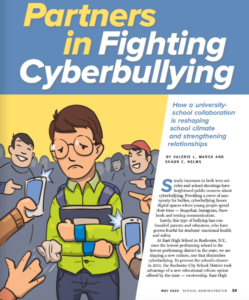
Bullying
Bullying, which involves an intention to do harm, repetition and a power imbalance between bully and victim, has become a public health concern not only in the U.S. but worldwide.
Practitioner Briefs
Bullying in School: Prevalence, Contributing Factors, and Interventions (October, 2018)
Bullying in School: Summary of Findings (October, 2018)
With an understanding of bullying as a violation of a child’s basic human rights, this two-part brief explores the phenomenon (history, prevalence, risk factors, and consequences) in Part I and reviews research-based interventions in Part II, with a focus on school settings. Alongside the increased societal and research attention to bullying, a related and subsequent phenomenon of cyberbullying has emerged, thus stimulating and refocusing public awareness while also eliciting a heightened sense of fear and powerlessness among parents and educators. This brief’s analysis of empirical research aims to provide a balanced and accurate depiction of bullying in all of its forms. A resource guide for teachers and practitioners is included. The work involved in preparing this brief was supported by a grant by the Moskowitz Family Foundation. The opinions and conclusions reported, however, are solely the author’s.

Publications
Marsh and Nelms write for School Administrator magazine
 Steady increases in both teen suicides and school shootings have heightened public concern about cyberbullying. This article documents how the University of Rochester-East collaboration is reshaping school climate and strengthening relationships at school to curb cyberbullying. We describe how three aspects of school life — beliefs, structures, and policies — have changed the climate at East High, in ways that better attend to cyberbullying.
Steady increases in both teen suicides and school shootings have heightened public concern about cyberbullying. This article documents how the University of Rochester-East collaboration is reshaping school climate and strengthening relationships at school to curb cyberbullying. We describe how three aspects of school life — beliefs, structures, and policies — have changed the climate at East High, in ways that better attend to cyberbullying.
Additional Resources
Videos
Family Group
As part of an approach to students’ social-emotional well-being, East implemented the Family Group structure into the daily schedule. Family Group is a 30-minute daily period where the same 10-12 students meet with the same two teachers, called “Carents,” all year and every year during their time at East. We have two videos on Family Group – one that explores theory and purposes and the other that describes the practices of implementing this structure.
Restorative Practices
One of the major initiatives at the UR-East EPO is the implementation of a Restorative Practices (RP) approach, which offers schools a productive way to reimagine culture. An increasingly acknowledged and employed approach to school discipline, restorative practices focuses on building relationships and repairing relationships when harm has occurred. This video features researchers, administrators, community members, and staff talking about the theories and practices involved in living and interacting within a restorative practices framework.
